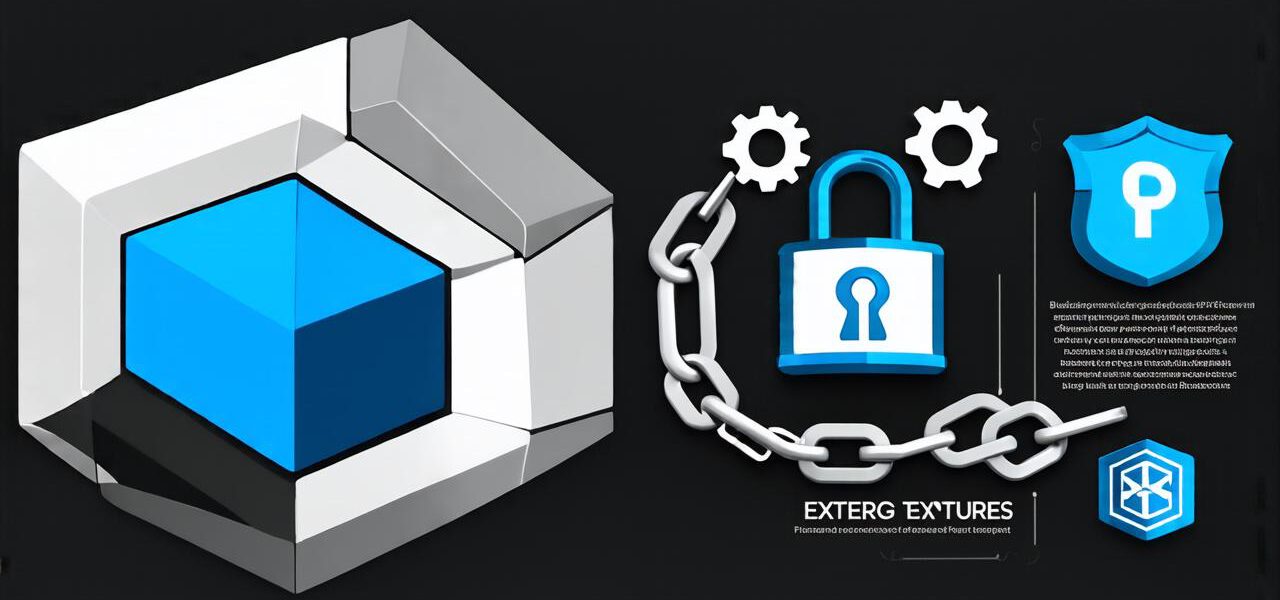
Exploring practical applications of blockchain technology
Blockchain technology is a decentralized, distributed ledger that enables secure and transparent transactions without the need for intermediaries. Over the past decade, blockchain has gained significant traction across various industries, including finance, supply chain management, and healthcare.
Understanding Blockchain Technology
Before diving into the practical applications of blockchain technology, it is essential to understand what blockchain is. A blockchain is a digital ledger that records transactions in a secure and transparent manner. Each block in a blockchain contains a record of multiple transactions, which are verified by network nodes before being added to the ledger. Once a transaction is recorded on the blockchain, it cannot be altered or deleted, ensuring the integrity and immutability of the data.
Blockchain technology is decentralized, meaning that there is no central authority controlling the network. Instead, transactions are validated and verified by network nodes, which ensures that the network is secure and resistant to tampering. Blockchain also enables transparency, as all participants in the network have access to the same data, ensuring that everyone is on the same page.
Practical Applications of Blockchain Technology
Now that we have a basic understanding of blockchain technology let’s explore some practical applications of blockchain technology.
1. Cryptocurrencies
Perhaps the most well-known application of blockchain technology is cryptocurrency. Bitcoin, the first decentralized digital currency, was created using blockchain technology in 2009. Since then, thousands of other cryptocurrencies have been developed, each with its unique features and use cases. Blockchain enables secure and transparent transactions, making it an ideal technology for digital currencies.
2. Supply Chain Management
Blockchain technology can significantly improve supply chain management by providing a transparent and secure ledger of all transactions. This enables businesses to track the movement of goods from the point of origin to the final destination, ensuring that all parties involved have access to the same data. Blockchain also enables the verification of certifications, such as organic or fair-trade certifications, which can help build trust with consumers and promote sustainable practices.
3. Healthcare
Blockchain technology has the potential to revolutionize the healthcare industry by enabling secure and transparent sharing of patient data. This can improve patient outcomes by ensuring that all healthcare providers have access to up-to-date information about a patient’s medical history. Blockchain also enables the verification of medical certifications, such as degrees and licenses, which can help prevent fraud and ensure that patients receive high-quality care.
4. Financial Services
Blockchain technology is transforming the financial services industry by enabling faster, more secure, and more transparent transactions. Blockchain-based platforms, such as Ripple and SWIFT, are revolutionizing cross-border payments by enabling real-time settlements without intermediaries. Blockchain also enables the verification of identities, which can help prevent fraud and improve compliance with anti-money laundering regulations.
Case Studies and Personal Experiences
To illustrate the practical applications of blockchain technology, let’s look at some case studies and personal experiences.
1. Food Traceability
Nestle, a global food and beverage company, implemented a blockchain-based platform to track the movement of their products from the point of origin to the final destination. This enabled Nestle to verify the authenticity of their products and ensure that they were produced in accordance with their sustainability goals. The platform also enabled consumers to trace the journey of their food products, which helped build trust with consumers and promote sustainable practices.
2. Voting Systems
Blockchain technology is being used to develop secure and transparent voting systems. In 2018, West Virginia became the first state in the US to use a blockchain-based voting system. The platform enabled voters to cast their ballots using their smartphones and ensured that the votes were counted accurately and transparently. This has the potential to revolutionize voting systems by enabling secure and transparent elections without intermediaries.
Conclusion
Blockchain technology is a powerful tool with numerous practical applications across various industries. It enables secure and transparent transactions without the need for intermediaries, making it an ideal technology for cryptocurrencies, supply chain management, healthcare, and financial services.



